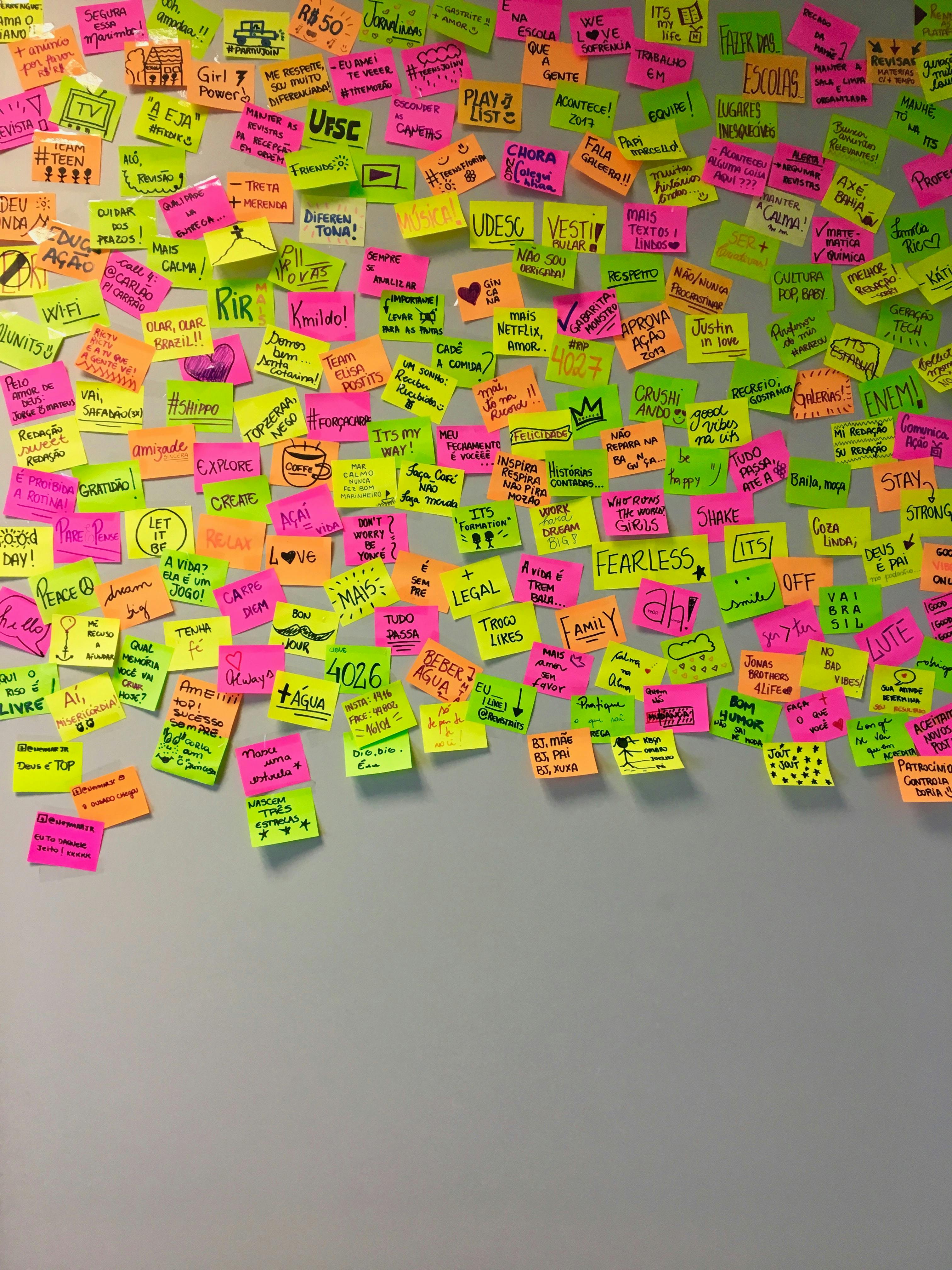If you use Twitter, you've come across the #100DaysOfCode hashtag. If you haven't, you need get out from under that rock.
In all seriousness, it's a hashtag that provides access to a community of people learning to code and trying new things for 100 days. There are a lot more details here. If you want to see a video of the things that I accomplished, please check out my Twitter Post
When I did find 100DaysOfCode...
I publicly committed to the 100DaysOfCode Challenge starting today!
These were my personal goals
- improve my HTML, CSS, and JavaScript
- learn how to build projects
- find inspiration from others
- build 1 project every day
That was it. I wanted to see if I could improve my coding skills and get to the next level. What I actually learned was much more than that. So, here are some tips, tricks, and anecdotes that I experienced during my first round of #100DaysOfCode.
1. Start small
I originally started with the hashtag #30DaysOfCode, because I didn't really believe I could consistently code for 100 days, let alone 3+ months?! Also, after the first 2 weeks I had to bag personal goal #4. 100 projects? Was I nuts? It felt impossible with my starting skill set. I didn't really know how I was going to manage that.
So I revisioned, and started small. I gave myself less pressure to just post something every day for 30 days. It didn't have to be a full blown app. It could be a new function that I experimented with. I chose CSS art for Day 1. I saw a lot of people making beautiful things on Twitter, and that's what I wanted to do too.
I like design, and I knew doing CSS was going to be fun and beneficial. So, this was the beginning.

2. Post it. Tag it. "Scream into the void"
The first BIG barrier I had to get over was posting something when I thought no one would be reading it or seeing it. The fact is, that sometimes people don't care what you post. People will not see your work. Others won't respond. But it doesn't matter. It's so important to continue to do it.
Why is it so important? It's about habits. Atomic Habits by James Clear was a game-changing book for me. I highly recommend reading it. It breaks down how to build a good habit, but more importantly how to BREAK bad habits. I love reading and expanding my knowledge base. If you want to know why I read in general check this out. We all have habits, and some habits we like, others we loathe.
Posting daily (on Twitter, LinkedIn, Hashnode, etc.) is a simple task. It takes seconds to write up a Tweet, and mere milliseconds to hit the button, but it's the tiny habits that you're building that help you to continue growing.

When you do post it, make sure you tag it. There is a reason that Post It Notes drive the billion dollar company 3M. For tech Twitter, there are plenty of bots that will retweet your message and help you get it out there. It was exciting to see those 7 retweets when I was brand new. I liked it. It provided ME with something in return for the work I was doing. So use them to your advantage. Post. And hey, when you scream into the void, there will eventually be an echo. It just depends how deep the chasm is or how loud you shout. (Cool things are great too!)
3. Engage with others
This was something that I didn't even consider until after posting. It's strange, but for me, it wasn't intuitive to think that...
"Hey Jacob, Twitter is about conversations."
What I saw was about personal accomplishments and what people were doing themselves. It was a journal of thoughts. Yes, some wisdom was out there, but it was sporadic, some beneficial, some terrible. I didn't get that Tweets were a springboard to conversations.
Find people and posts that you like and add your thoughts. Don't worry too much if you don't "know what you're talking about." Seriously, this is extremely important and will provide great resources. The more I discussed and chatted and responded the more I was rewarded (by the algorithms of course) about information that I WANTED! I needed royalty-free pictures, I wanted tutorials, I wanted project ideas, I wanted code snippets... and they came only after I started engaging.
Everyone you will ever meet knows something you don't - Bill Nye

4. Don't skip a day
Some people might not agree with me on this one, but I'm standing firm. I think it would've been much easier to give up if I skipped a day.
DO SOMETHING EVERY DAY
The reason for this is that you're still building habits. If you skip one day, you're more likely to skip the next, and the following, and eventually just stop. You're not building consistency and you're not following along the path. I took #100DaysOfCode literally, and that means that you should code every day for 100 days straight.
Some days I didn't really want to do anything, but I still opened up VS Code to review code I had written before, or practice a new snippet I'd read somewhere. A few hours later I would be searching for that missing curly brace on line 134! At that point, I'd give in for the day. But you gotta put your time in.
Other days I was too busy to sit down with a laptop, so I tried some terrible code-editors with my phone or used APPs like Sololearn and Mimo. The point is, I was coding every day.
It goes for anything. The more you practice, the better you'll get. Now, to get REALLY good you must engage in deliberate practice, but that's for another time.
Worth it
I could go into more details about what topics I learned, or strategies to get better, or most helpful websites for beginners, but we'll stop here.
My experience was fantastic.
I walked away from #100DayOfCode with a huge feeling of accomplishment, met some great people on Twitter to look up to, and a renewed passion for learning. If it wasn't for #100DaysOfCode, I wouldn't have found #100Devs, and I probably would still be struggling to find a path for my future.
Everything considered, I'm out here doing this for me and my family
That is something that really kept me motivated and focused. It was fun learning, but in the back of my mind, I knew that my determination and dedication would eventually pay dividends. I'm not there yet, but I see the path much more clearly now. It's not going to be easy, but 100Days jump started me.
If you liked what you read, please follow me on Twitter, connect with me on LinkedIn or here on Hashnode.


